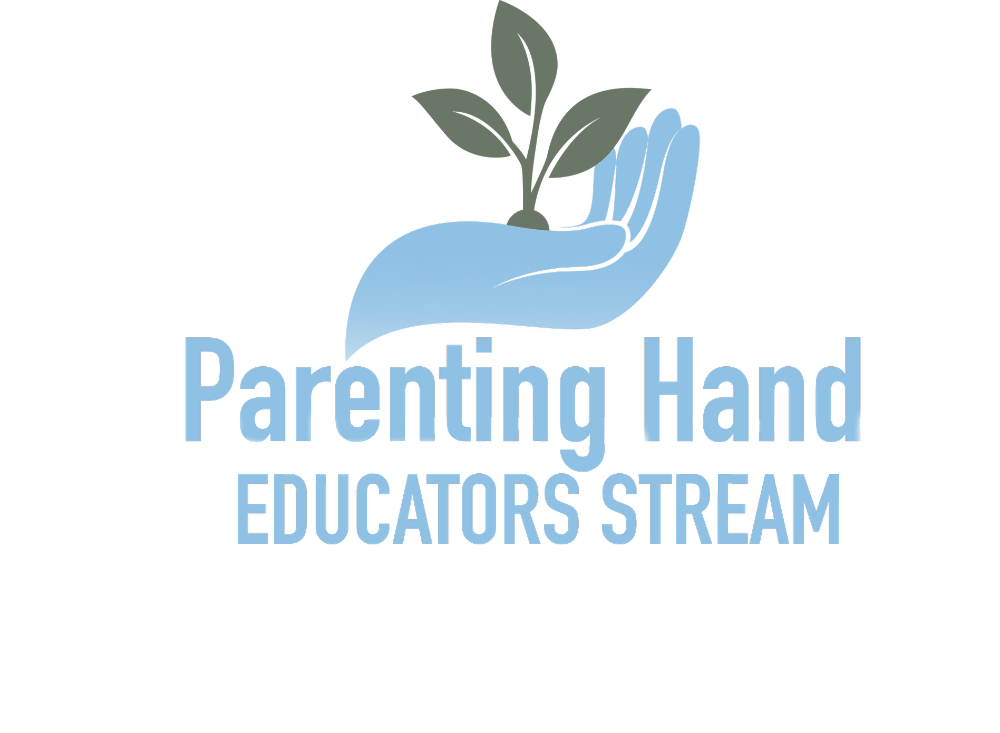Responding to the final report card
Jun 27, 2022
*For the purpose of this blog, the term “grade(s)” includes assessments using rubrics and proficiency scales for gr. K-8 students and letter grades for gr. 9-12, in Canadian schools.
In my experience working with students, any child outside the four corners of a very
precise box will have their ups and downs with school. Anxious, confident, quiet, loud,
social, a loner…any of those things can make day to day in the classroom a little more
complicated. They sometimes like school and they sometimes don’t. Some of them
struggle with grades and some of them don’t. For those that struggle, many of them
catch up. Some of them care about not being at the top of the class and some of them
aren’t bothered at all.
Regardless of how well the school year has gone, the arrival of final report cards
can be a very stressful time for students and parents alike. The school year comes
to a close and students are all looking forward to a fun filled summer break, yet
many worry that a “bad” report card will get them into trouble and restrict some of
their summer freedoms.
A child's report card can bring feelings of joy, excitement, and pride; it can also
cause concern, frustration, and uncertainty. In either case, it’s helpful to view the
reporting period as a new beginning to set goals as well as reflect on past work
habits, achievements, and hardships. Most important, it is a time for parents to
communicate with their children and determine a path for future academic
enrichment and social/emotional growth.
When it comes to discussing your child’s report card...
Focus on the positive
No matter what results your child brings home, zoom in on positive aspects of the
report. This is not always an easy task. For some parents, this might mean
highlighting a strong effort or citizenship grade or congratulating an academic
accomplishment. It could mean praising a solid attendance record or acknowledging
a small improvement shown in a particular area. Starting on a positive note shows
your child that you truly care about the accomplishments, not only areas that need
improvement.
Ask the right questions
Be careful not to overreact to low grades, or grades you view to be unsatisfactory.
Instead, use this time to look at past performance and plan for the future. Talk to
your child, asking questions to understand how a particular grade was earned:
- Was the work too difficult?
- Could the pace of the class be inappropriate (too fast, so that your child feels
lost, or too slow, causing your child to feel bored)?
- Does your child complete all homework and ask questions when problems arise?
Likewise, be careful not to overreact to high grades. Communicate that you are
pleased and connect the good grade to effort. Give them some perspective and do it in
moderation. As long as parents provide an atmosphere of encouragement, rather than
bribery, kids will be fortified by skills and motivations that are truly sustainable.
Be Consistent in Words and Actions
If you tell your child that you'll be happy as long as they try their best, but then criticize
them when they don't win or become angry when they don't earn exemplary grades in
every class: Remember that actions can often speak louder than words, especially when
it comes to kids' perceptions.
Let your child take ownership of their education as much as possible. If extra help is
needed over the summer, be sure to offer your child several options and invite your
child to choose the one that they think would work best for them. Of course, serious
learning issues should be addressed to get help when needed…but you are likely aware
that your child needs more support before the final report card comes home.
Finally, maybe the most important thing to remember, is that the report card doesn’t
define you as a parent. We invest so much of ourselves in our children, and want them
to have every success, and they will in their own ways. The report card is simply a
reporting tool that teachers are required to use, created by people in a system that do
not know your child’s learning style, strengths, or areas of challenge the way you do. I
encourage you to think of the final report card of the school year as a huge milestone
for your child. Plan to celebrate the accomplishment of your child completing
approximately 1000 hours of school!! Be sure to indulge in a special treat for yourself
to celebrate your commitment to supporting your child’s learning for the past 10
months!
Renée
Stay connected with news and updates!
Join my mailing list to receive the latest news, updates, and blog posts!
Don't worry, your information will not be shared.
We hate SPAM. We will never sell your information, for any reason.

